
Integrating Learning into Family Activities: Hunt for History with Scavenger Games
T
he thrill of a search can draw kids into history better than any textbook. When they follow clues and chase down hidden objects, they begin to see the past not as a list of names and dates, but as a puzzle they can piece together. Scavenger hunts build reasoning and storytelling skills, helping children form connections between artifacts, events, and ideas. Whether the clues are tucked into books, old coins, or photos, these games teach them to investigate, question, and explain—just like a historian assembling a narrative from fragments.
One Saturday, my daughter organized a scavenger hunt for her cousins, each clue tied to a historical figure. The backyard turned into a journey through revolutions and discoveries, with a final clue pointing to a globe. Later, she used the same method for a school project, guiding her class through a timeline by revealing artifacts one by one. Her teacher praised not just the research, but the clarity of her explanation. That day, she didn’t just memorize history—she told it.
Try building your own scavenger games at home. Choose a time period, select a few key objects or texts, and create clues that guide kids through the story. Ask them afterward: “What story did you uncover?” Over time, they’ll grow confident in linking evidence and drawing meaning—skills that strengthen essays, debates, and a lifelong curiosity about the past.
Integrating Learning into Family Activities

Integrating Learning into Family Activities: Screens or Stories: What Shapes the Mind?
Choosing stories over screens nurtures imagination and empathy. Learn how storytelling supports healthier mental development and curiosity.
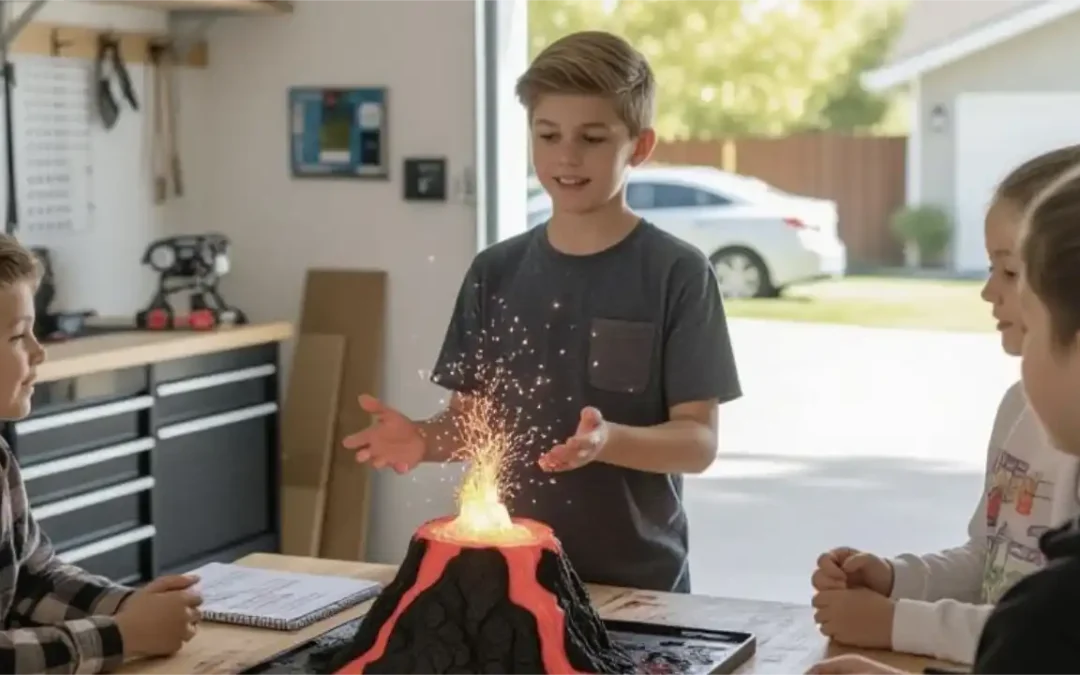
Integrating Learning into Family Activities: Blend Teamwork and Competition in Science Fairs
Science fairs teach inquiry and creativity. Support healthy balance between teamwork, curiosity, and friendly challenge.

Integrating Learning into Family Activities: Make Family Game Nights Educational
Game nights can build logic, communication, and cooperation. Choose games that encourage learning while keeping play joyful.
Table of contents

Primordial Soup for the Mind: Navigation
Navigate the book Primordial Soup for the Mind.
TIPS
- Hide odd stuff—it sparks better yarns.
- Ask, “What is its story?” to fire them up.
- Keep a journal for their tales.
- Suggest weekly hunt sessions.
ACTIVITIES
- Clue Chase: Hide history hints, solve as a team, 15 minutes.
- Find Fix: Plant science whys, track answers, 10 minutes.
EXAMPLE
My daughter’s nail was junk—but her Civil War tale won a school prize.

Download “Primordial Soup for the Mind: A Parent’s Guide to Nurturing Intellectual Growth”
Enter your information to get this article and hundreds more as part of the FREE book Primordial Soup for the Mind.
Share your thoughts with the Thought Academy community in the Comments section below.

Sharpen those skills!
Enter your information to get our FREE practice exercises so you can hone your critical thinking and reasoning skills!



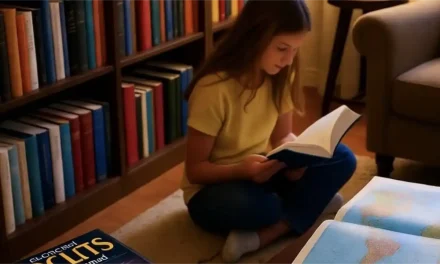
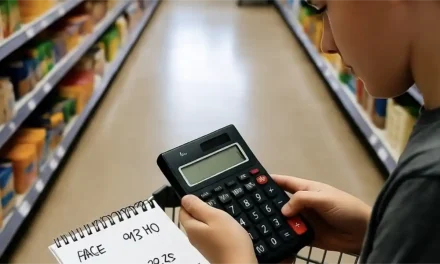
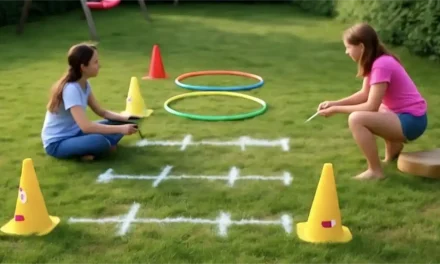
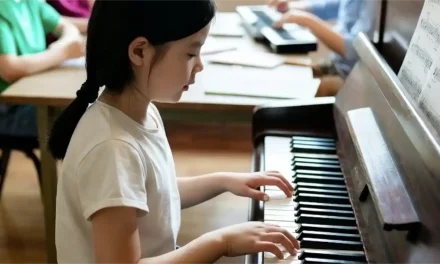
0 Comments